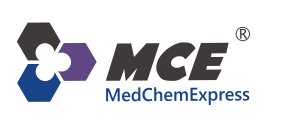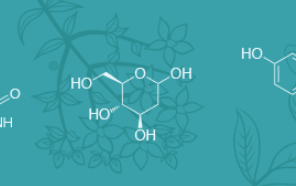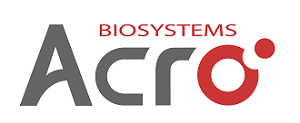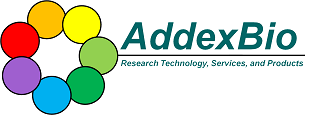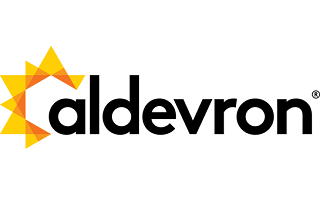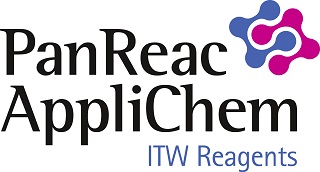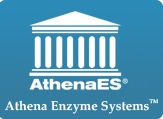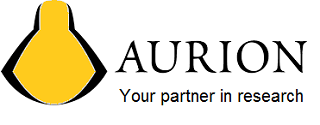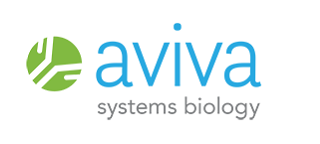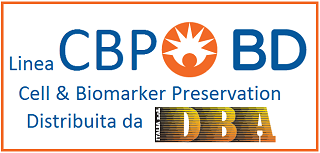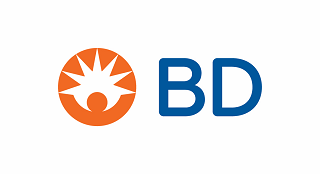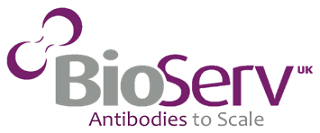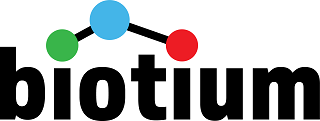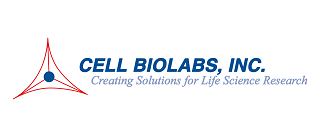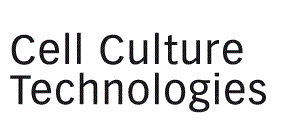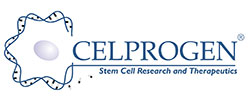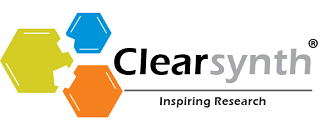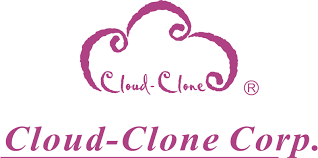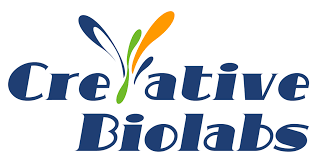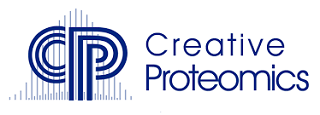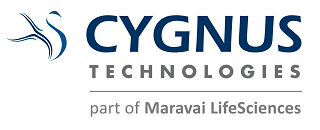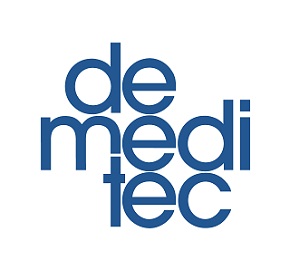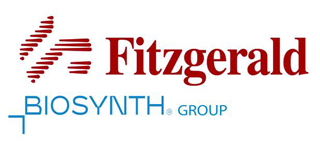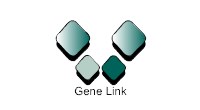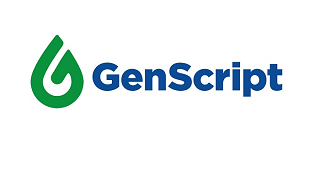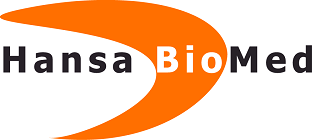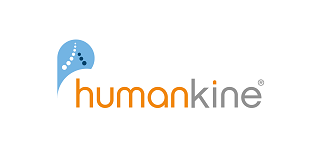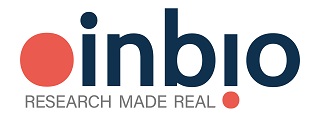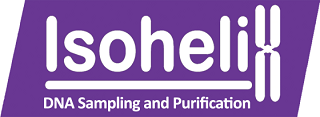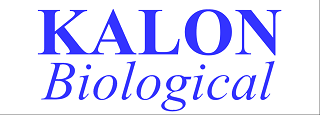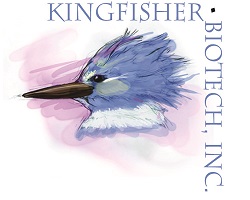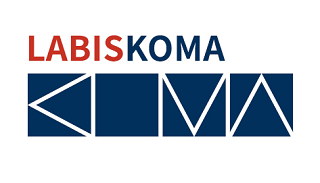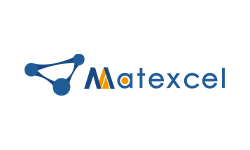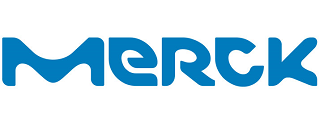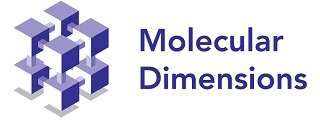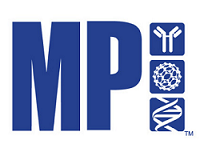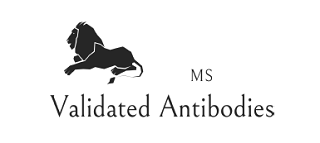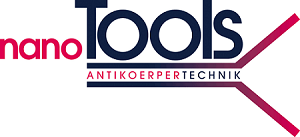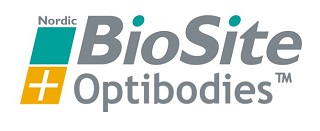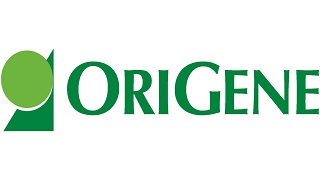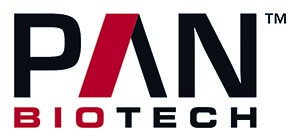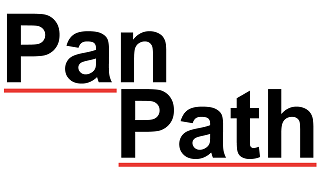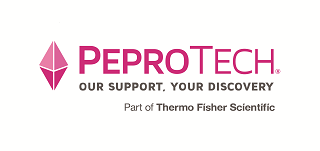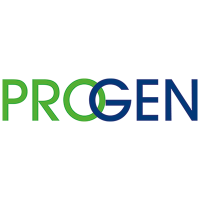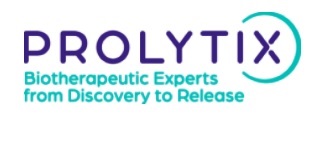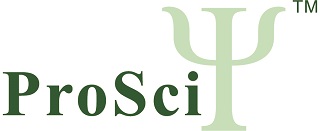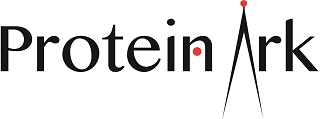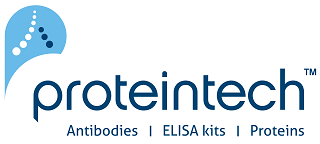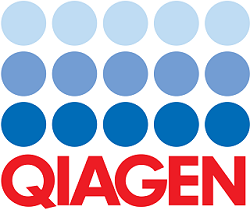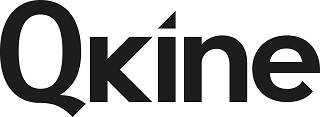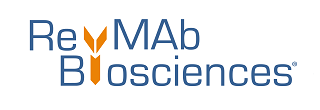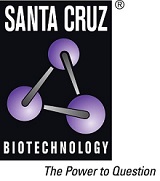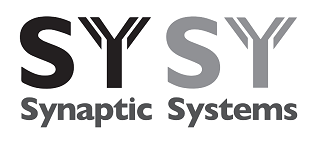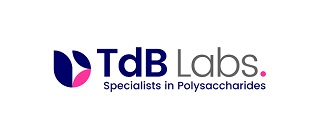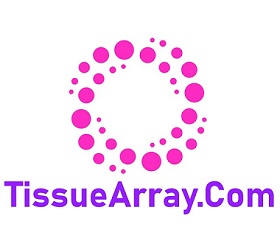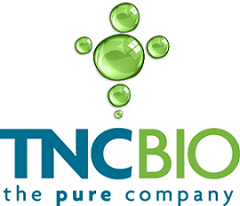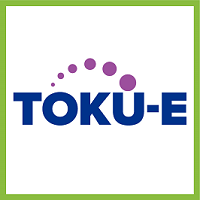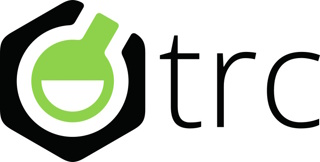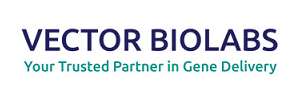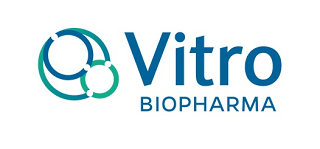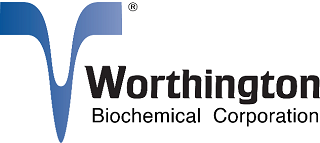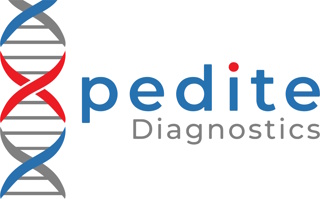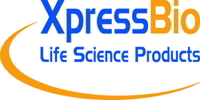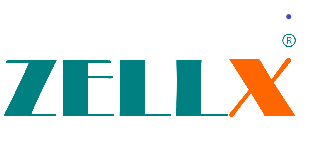Compounds Screening Libraries:
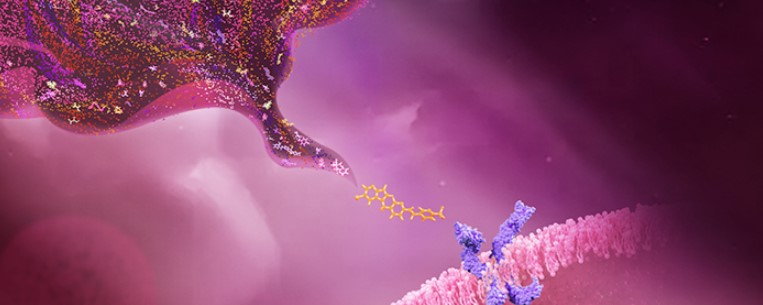
Screening Libraries:
Screening libraries are useful professional tools for drug discovery and Biomedical Research which contain informations about bioactivity data and physicochemical properties of over 16 million compounds. These compound libraries can be used for HTS, high-content screening (HCS) and virtual screening (VS). MedChemExpress (MCE) can provide 200+ compound libraries which include Bioactive Screening Libraries, Diversity Compound Libraries, High Throughput Screening Libraries, Fragment Libraries and DNA Encoded compound Libraries (DEL).
- Bioactive Screening Libraries: Ready-to-use bioactive compound libraries consist of over 20,000 small molecules with validated biological and pharmacological activities.
- Diversity Compound Libraries: Representative diversity sets consist of 50K Diversity Library (50,000 compounds) and 5K Scaffold Library (5,000 compounds).
- Virtual Screening Database: 50+ compound libraries which including 16 million diverse screening compounds with unusual structures and unique properties.
Customize Your Library!
MedChemExpress (MCE) offers customized compound libraries based on your specific needs.
You can select compounds, format (powder/liquid), size and plate map depending on your requirements:
|
 |
|
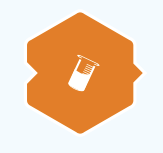 |
|
 |
|
 |
|
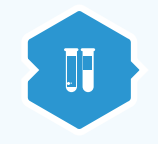 |
Contact us to create your Customized Library
Bioactive Screening Libraries
Over of 15,000 small molecules with validated biological and pharmacological activities, including natural products, novel compounds, FDA-approved compounds, and compounds in clinical trials. They can be used for phenotypic screening, target-based screening, drug repurposing and mechanism research, etc.
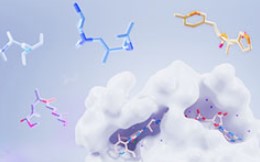
MCE supplies several drug repurposing related libraries, including FDA Approved Drug Library, Clinical Compound Library and Drug Repurposing Compound Library, etc. All compounds in these libraries are supplied with detailed indications, clinical information and approved types to facilitate later research.
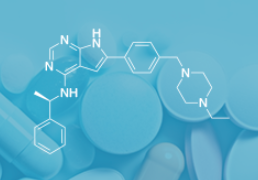
In the process of new drug discovery, metabolites have become an important source of lead compounds because of their safety and the diversity of biological activities. MCE offers several libraries of metabolites including Human Endogenous Metabolites, Human Metabolites, Microbial Metabolites and Gut Microbial Metabolites.

By analyzing the different physico-chemical properties of small molecule compounds, MCE can provide a variety of compound libraries with different properties, such as Orally Active Compound Library, CNS-Penetrant Compound Library and Food Additive Library, etc.
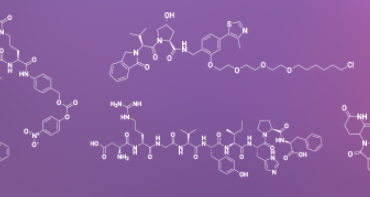
Different product structures determine different functions. According to different product structures, MCE carefully prepared several libraries classified by structures, such as Covalent Screening Library, Macrocyclic Compound Library, Nucleotide Compound Library, etc.
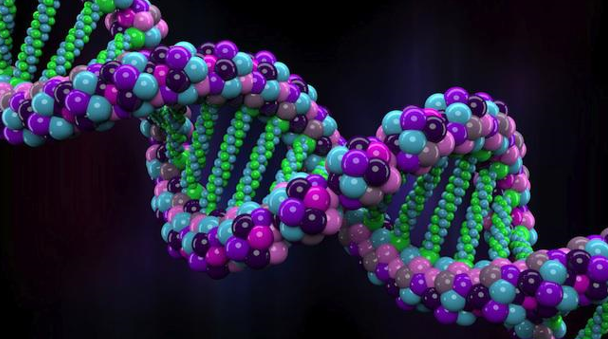
According to Signaling Pathway or Protein Family
Knowledge of basic cell signaling mechanisms is therefore essential to understand pathophysiologic and pharmacologic mechanisms: MCE can supply more than 30000 bioactive compounds, covering 500+ targets and 20+ hot signaling pathways, including GPCRs, Epigenetics, Immunology/Inflammations and cell cycle/DNA Damage, etc.
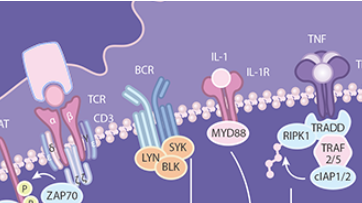
Disease Related Compound Libraries
MCE prepared also compound libraries about diseases based on their different pathogenesis. You can find for example Anti-Cancer Libraries, Anti-Infection Libraries, Neurodegenerative Disease Libraries and Other Disease Related Compound Libraries. These libraries consist of compounds with validated and potential bioactivity against respective diseases.
Natural Products Series:
Natural Product Screening Libraries
MCE offers 6000+ natural products and natural product analogues from a variety of sources, including plants, animals, and microorganisms. These compounds in the library contain Saccharides & Glycosides, Phenylpropanoids, Quinones, Flavonoids, Terpenoids and Glycosides, Steroids, Alkaloids, Phenols, Acids and Aldehydes. MCE natural products have clear source information and structure classification for data analysis.
Classification by Natural Products Structures
MCE offers 6000+ natural products with structure diversity. Based on the differences, MCE carefully designed product libraries classified by structures, such as Flavonoids Library, Terpenoids Library, Alkaloids Library and Phenols Library.
Fragment Libraries:
Fragment-based drug discovery (FBDD) is a powerful method to develop potent small-molecule compounds starting from fragments binding weakly to targets. FBDD starts by screening libraries of low-molecular weight compounds (fragments) against the target of interest to identify ‘‘hits.’’ The identified hit is then grown into drug-like molecules through different strategies.
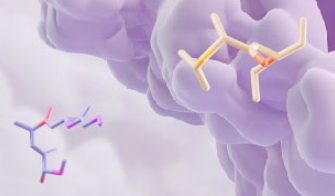
Diversity Compound Libraries:
It is proved that a diverse compound library is the most successful and straightforward starting point to find new leads. Moreover, it is the best way to enhance the research compound collections by adding new substances with different chemotypes. MCE can provide 50K Diversity Library (50,000 compounds) and 5K Scaffold Library (5,000 compounds) which are an ideal starting library for phenotypic and target-based HTS. Compounds in these libraries were selected by dissimilarity search to provide a higher variety and broader chemical space coverage. All the compounds are drug-like and have been screened to remove any inappropriate chemical structures, avoiding “false hits”.

Click here to download the MCE Catalogue
DBA Italia s.r.l.
Via Umbria, 10
20054 Segrate (Milan) - Italy
info@dbaitalia.it
